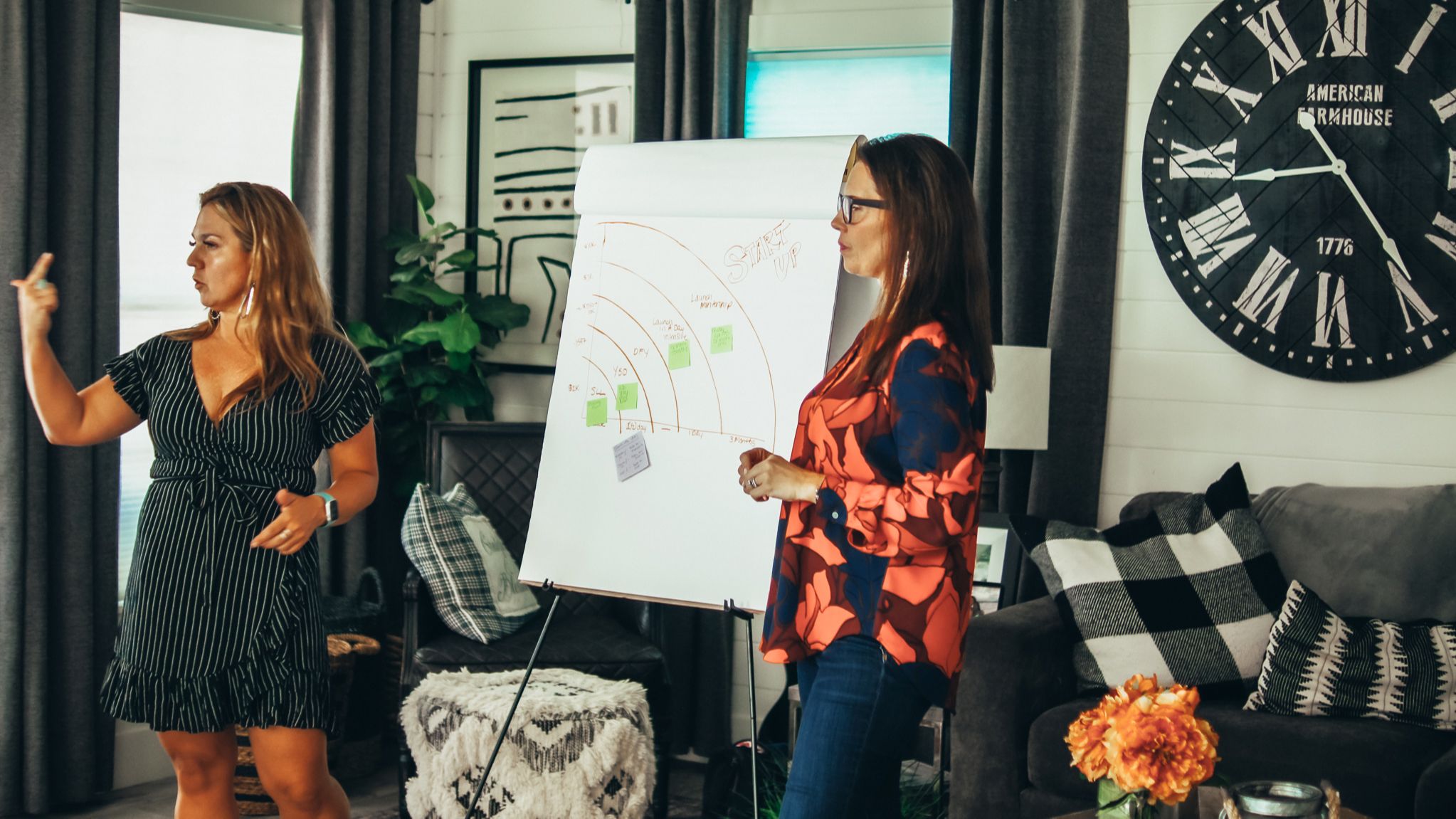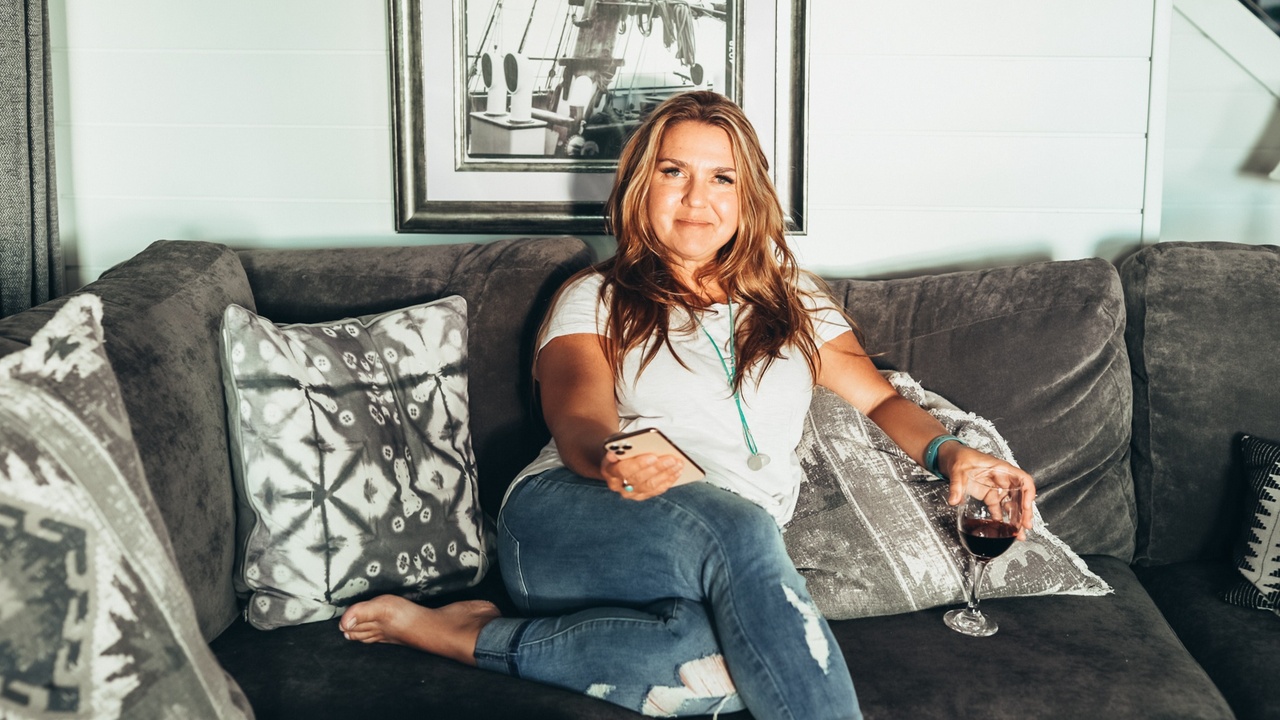Resources For Experts, Coaches, Speakers and Consultants
POWERED BY APRIL BEACH AND THE SWEETLIFE® COMPANY
Simplify the Licensing Sales Process: Three Essential Assets for Closing Lucrative Program Deals

Are you an expert, coach, or consultant looking to sell your programs and make a significant impact? The thought of selling programs and licensing trainings may seem daunting, but fear not! There is a simple and effective plan that you can follow to achieve success. In this article, we will inspire and encourage experts like you by providing a step-by-step blueprint for selling programs. By embracing this blueprint, you can navigate the process with confidence, unlock new opportunities, and achieve your business goals.
...
Growth vs Scale: What’s The Difference and Why Is It Important

Today, we're going to talk about a topic that often confuses many entrepreneurs: the difference between growing and scaling your coaching business. While these two terms may seem similar, they actually have distinct differences in their approach and outcomes. So, let's dive in and explore the nuances between growing and scaling your coaching business.
At first you may think that growing and scaling are the same thing - after all, they both involve making your business bigger, right? Well, not exactly. While both growing and scaling involve expanding your coaching business, they differ in their focus and methods.
When it comes to growing your coaching business, the main objective is to increase its size - be it in terms of revenue, customer base, or market share. Growing your business often requires investing in more time, people, resources, and infrastructure to accommodate the increased demand. For instance, you might hire more employees, invest in more advertisi
...How to Gain Press by Building Your Personal Brand

It's no secret that gaining impressive media attention can grow your personal brand and your business.But how you gain that attention and the structure of your business that must be in place first are very important.
There's much more to pitching press than simply landing a magazine article or appearing on television. We want to be sure that your entire business is ready to receive the press and media attention so you can profit from it. According to Brielle Cotterman, a publicity expert -
Do you want to build a press worthy personal brand and have a strategy to create your foundation of celebrity?
In her interview on the Sweet life entrepreneur podcast Brielle dove into detail about how to go ahead about achieving these results in the foundation of celebrity. This is taking your entire business into account, not just your press pitch. It means thinking about how you’re showcasing your offers and your programs, and ensuring that your client experiences are all designed and i...
Becoming Known: How To Expand Your Reach, Increase Sales and Become a Thought Leader

But sometimes that's not enough, and to move our business on and more importantly up, we have to move into a 'Becoming known' strategy.
Here are 3 questions to get you started;
1. What do you want to be known for?
2. Why? What's the strategy?
3. Who do you need to be known to?
What do you want to be known for?
What does the next level of your business look like? and what is your role? are you wanting to move into a CEO role or are you wanting to pivot into a different area?
Why? What is the strategy?
What are we trying to accomplish? what changes do you want to make in your role or within your systems and strategies? Are you wanting to make a new offer and be known for this new thing?
Who do you need to be known to?
Who doesn't know y...
Using White Board Sessions To Increase Sales

A whiteboard session is like a live webinar where you work with your leads, you help them to solve a specific problem, thereby gaining trust and positioning you as the ultimate solution that they were looking for.
"Whiteboard sessions are a powerful, powerful way to turn your list into buyers. Very faithful buyers." April Beach.
8 steps of using the whiteboard sessions to turn leads into buys.
- Pick a specific problem you're solving
- Get your list excited
- Schedule your session
- Send out invites to the session and make it exclusive and special
- Get your tech ready
- Send lots of reminders
- Host your event. Be the solution.
- Make an offer
Now the KEY is how you work step 7 - while you're actually hosting the white board session.
This is what I suggest within my program;
Start by sharing like your philosophical genius and thoughts about the problem that you are solving. Position yourself as someone in the know.
Open the floor for others to share their issue with whatever prob...
3 Types Of Content Companies Line Up To License

3 Types of Content that Companies Will Line Up to License From Your Online Business

If you are considering licensing your content or courses from your online business for others to use, you probably have questions. Lots of them. But let's begin with the most obvious:
What kind of content do companies want to license from an online business owner?
There are three types of content that companies will be interested to license from you. Let's dive in.
1: Actual Content
This is content that feeds every distribution channel.
Blogs, articles, newsletters, emails, images, and videos are all examples of this type of content; anything that another company needs to build its content distribution channels.
It is time-consuming and exhausting to constantly create new content so if you can ease that process by delivering amazing content for other companies to distribute on their channels you have a potential licensing opportunity.
2: Assets
Assets are anything that other companies need to support an end result or to add to their established content or program.
It's ...







